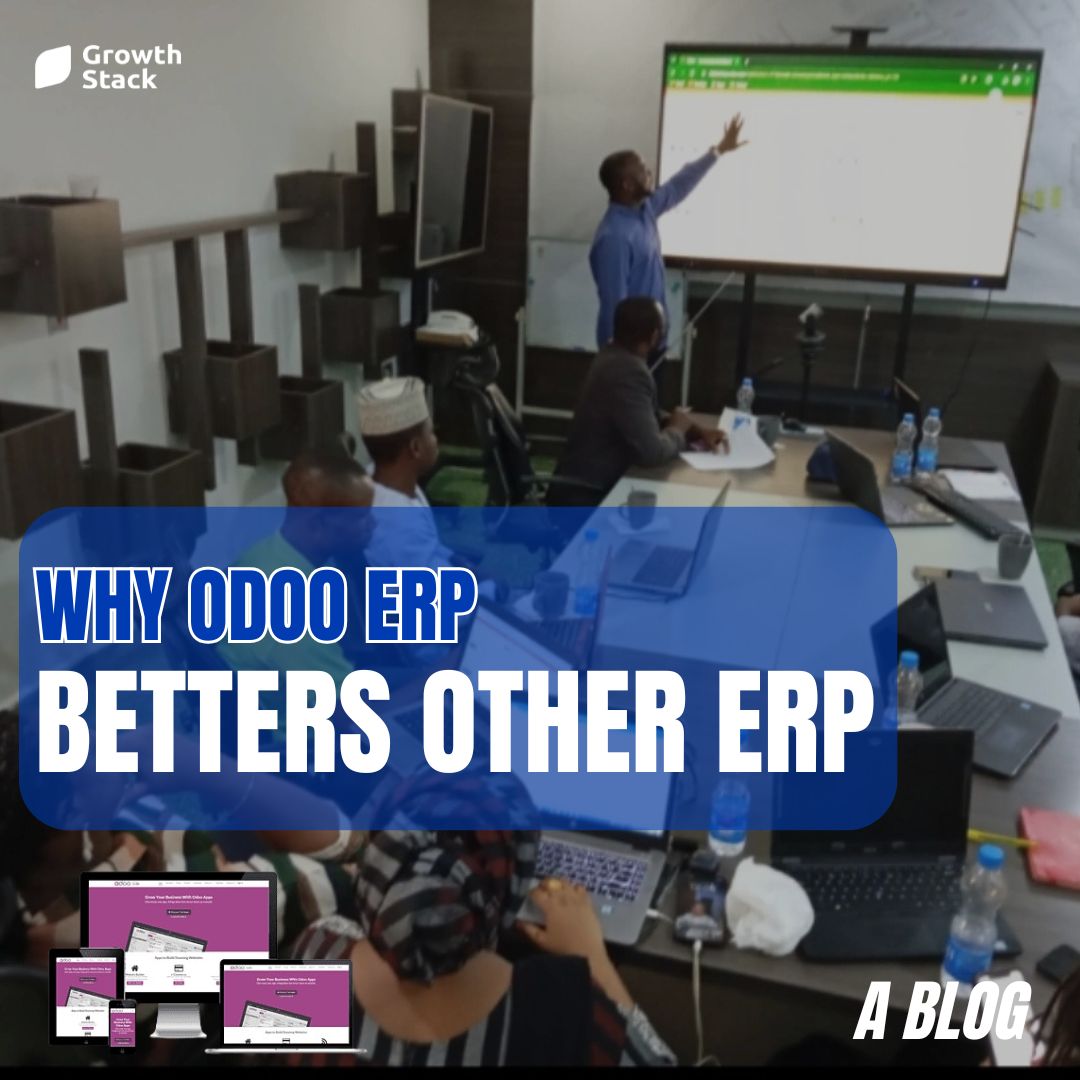Introduction:
Effective financial management is critical for every business’s success and growth. Traditional manual methods and heterogeneous systems can make it difficult to keep accurate financial data, perform effective financial analysis, and ensure compliance. However, by combining financial operations and delivering real-time insights, the deployment of Enterprise Resource Planning (ERP) software has transformed financial management. In this post, we will look at the important impact of ERP software on financial management and how it can help your company.
Streamlined Financial Processes:
ERP software collects financial data from many departments and consolidates it into a consolidated system. This integration replaces manual data entry, lowers errors, and streamlines financial procedures such as accounts payable, accounts receivable, general ledger, and financial reporting. Finance teams may focus on analysis and strategic decision-making because the program automates repetitive chores.
Accurate and Real-time Financial Information:
ERP software ensures the accuracy and timeliness of financial information. With real-time data updates, finance teams can access up-to-date financial records, balances, and transactions. This enables faster and more accurate financial reporting, budgeting, and forecasting. Real-time visibility into financial data empowers decision-makers with the information needed to make informed strategic choices.
Improved Financial Analysis and Reporting:
ERP software provides robust reporting and analysis capabilities, allowing finance teams to generate customized reports, dashboards, and key performance indicators (KPIs) to gain insights into revenue, expenses, profitability, and cash flow. Advanced analytical tools allow for in-depth financial analysis, identifying trends, cost drivers, and areas for improvement.
Enhanced Cost Control and Efficiency:
ERP software improves cost control and efficiency in financial management. Businesses can optimize resource allocation and save costs by automating operations, decreasing manual errors, and removing unnecessary jobs. The platform provides visibility into costs, procurement, and inventory management, allowing finance teams to find cost-saving opportunities, negotiate better contracts, and expedite procurement procedures.
Strengthened Compliance and Risk Management:
Financial regulation compliance and risk management are crucial for organizations. ERP software aids compliance by imposing internal controls, establishing audit trails, and assuring data integrity. ERP software protects sensitive financial information with built-in security features, role-based access controls, and encryption, lowering the risk of fraud or unauthorized access.
Improved Cash Flow Management:
ERP software improves cash flow visibility and management. Businesses can properly estimate cash inflows and outflows, maximize working capital, and effectively manage liquidity by integrating sales, procurement, and financial data. Finance teams can solve cash flow concerns and make informed decisions to improve working capital management with real-time data about customer payments, outstanding bills, and payment terms.
Conclusion:
ERP software has a profound effect on financial management. ERP software enables businesses to make educated financial decisions, improve efficiency, and achieve financial success by optimizing processes, offering real-time and accurate financial information, enabling in-depth analysis, and improving compliance and risk management. Accept the potential of ERP software to transform your financial management methods and achieve a competitive advantage in today’s volatile company scene.











